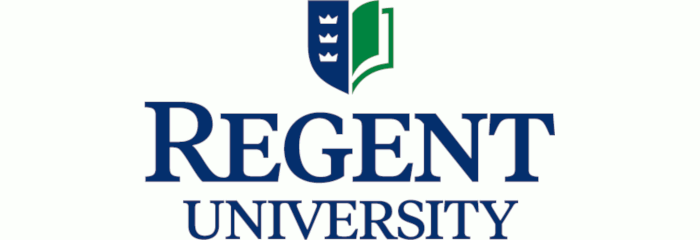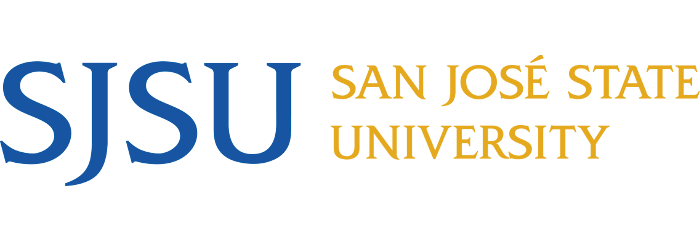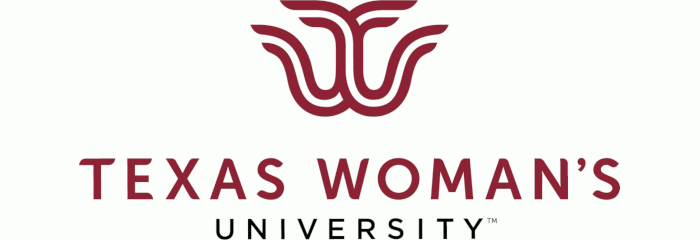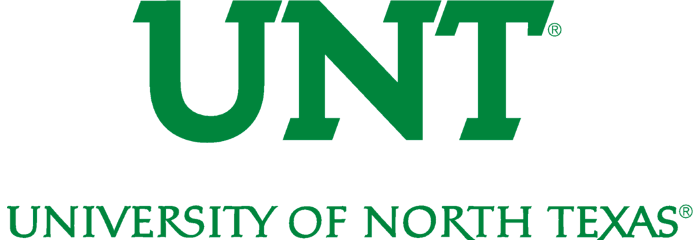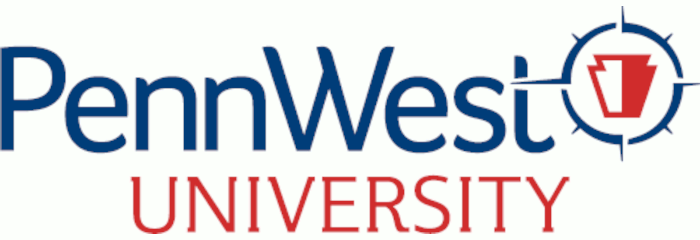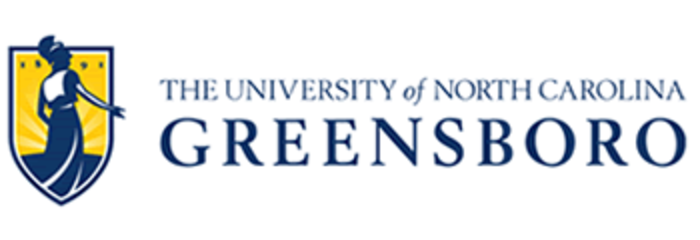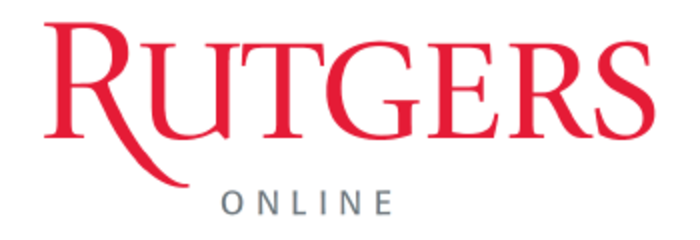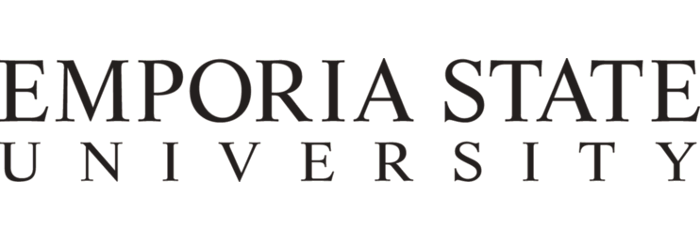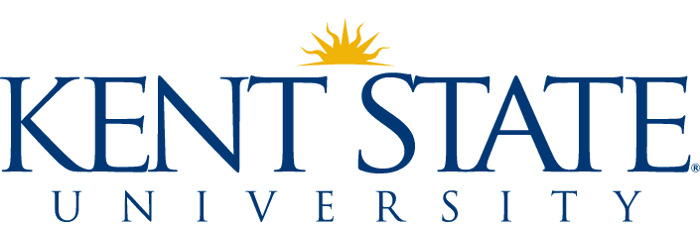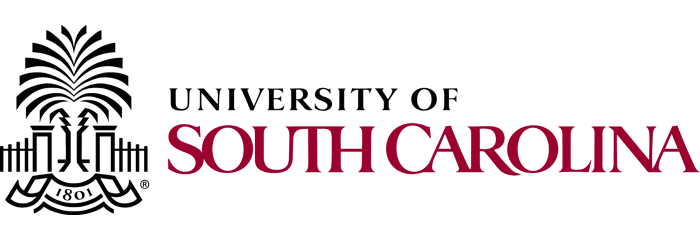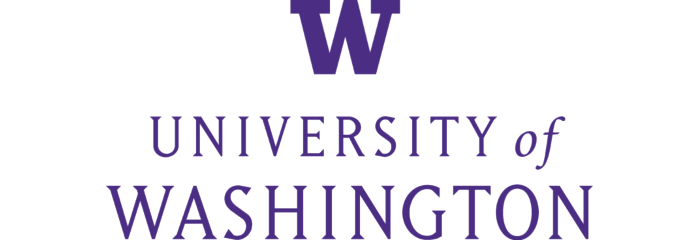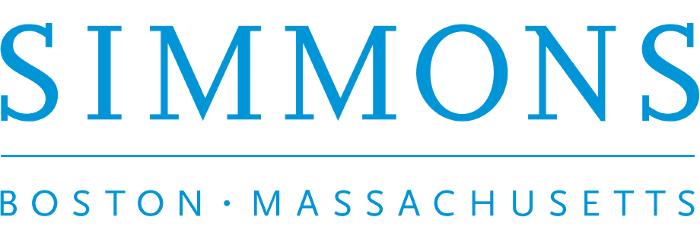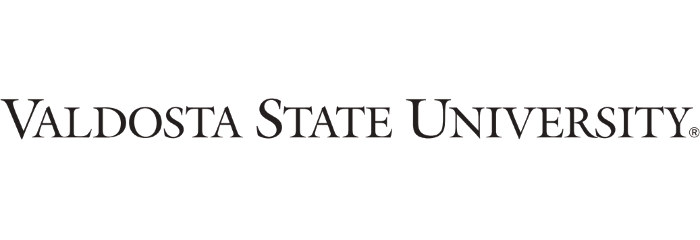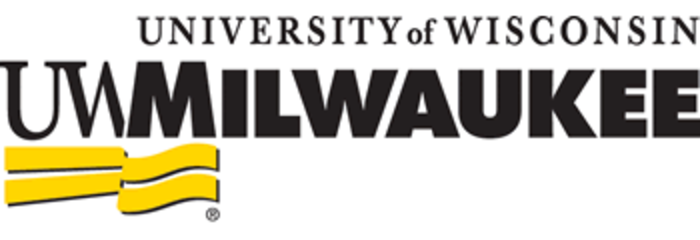Our list of the best master's degrees in library science online features accredited schools ranked by the number of graduates who earned this degree. Our goal is to show off the most successful online library science programs.
Key Takeaways:
- San Jose State University is #1, having graduated 655 students last year from its online Master of Library and Information Science.
- Simmons University offers the lowest student-to-faculty ratio at 9:1.
- Pennsylvania Western University has the best student recommendation rate on our list at 97%, signaling exceptionally strong peer endorsement.
See our methodology for details about how we organized this list.
2025 Best Master's Degrees in Library Science Online
| Rank | School | Graduates | Annual Tuition | Median Salary | Recommendation |
|---|---|---|---|---|---|
| San Jose State University | 655 | $12,648 | $65,724 | 92% | |
| Texas Woman's University | 240 | 2 years, and the tuition per credit, which is ."> $13,014 | $56,118 | 94% | |
| University of North Texas | 236 | $13,730 | $54,252 | 89% | |
| Pennsylvania Western University | 186 | $9,468 | N/A | 94% | |
| University of North Carolina at Greensboro | 156 | $21,137 | $50,635 | 91% | |
| Rutgers University | 149 | $37,692 | $60,930 | 91% | |
| Emporia State University | 148 | $7,733 | $53,566 | 96% | |
| Kent State University at Kent | 146 | 2 years, and the tuition per credit, which is ."> $15,521 | $47,256 | 87% | |
| University of South Carolina - Columbia | 135 | $12,460 | $51,188 | 88% | |
| University of Washington - Seattle | 134 | $29,106 | $65,466 | 92% | |
| Louisiana State University | 134 | $9,990 | N/A | 92% | |
| Simmons University | 129 | 2 years, and the tuition per credit, which is ."> $24,930 | $59,738 | 75% | |
| Valdosta State University | 128 | $14,469 | $45,566 | 89% | |
| University of Wisconsin - Milwaukee | 127 | 2 years, and the tuition per credit, which is ."> $14,400 | $56,672 | 88% | |
| University of Southern Mississippi | 125 | $22,244 | N/A | 86% |
2025 Best Master's Degrees in Library Science Online - Program Details
- Graduates: 655
- Annual Tuition: $12,648
- Median Salary: $65,724
- Recommendation: 92%
Why we like them: At SJSU, the fully online MLIS ecosystem includes virtual advising, office hours, internships, and convocation, all online. There's a curated database of 200-plus internships each semester, many virtual, enabling you to work remotely with Silicon Valley organizations.
- Graduates: 240
- Annual Tuition: 2 years, and the tuition per credit, which is ."> $13,014
- Median Salary: $56,118
- Recommendation: 94%
Why we like them: TWU's online MLS has an individualized plan of study and a required practicum that aligns to your career goals, giving you targeted, resume-ready experience. We also appreciate the program’s stackable pathways, including certificates in Community Information and School Librarianship and a post-master’s Certificate in Evidence-Based Health Science Librarianship.
- Graduates: 236
- Annual Tuition: $13,730
- Median Salary: $54,252
- Recommendation: 89%
Why we like them: UNT offers a regional cohort model dedicated to residents of Virginia, West Virginia, Vermont, New Hampshire, Maine, and surrounding states, giving you a built-in community and tailored support that few online MLIS programs offer. We also want to mention that some of the concentrations are notably niche, like Music Librarianship and Law Librarianship.
- Graduates: 186
- Annual Tuition: $9,468
- Median Salary: N/A
- Recommendation: 94%
Why we like them: Here, you can choose a focused Local and Archival Studies concentration emphasizing digital preservation, metadata, and cultural heritage collections, which we find distinctive for community memory and heritage careers. You round out preparation with an integrated capstone internship.
- Graduates: 156
- Annual Tuition: $21,137
- Median Salary: $50,635
- Recommendation: 91%
Why we like them: UNCG stands out for ALA accreditation paired with North Carolina Department of Public Instruction approval and CAEP recognition using AASL/ALA standards, which gives you a direct path into school library roles. You also benefit from UNCG’s practice of arranging practicums and volunteer work with organizations where you live.
- Graduates: 149
- Annual Tuition: $37,692
- Median Salary: $60,930
- Recommendation: 91%
Why we like them: As a founding member of the iSchools and part of the iCaucus, Rutgers embeds you in a research-forward community. Program outcomes explicitly foreground democratic norms, intellectual freedom, equitable and sustainable access, and evidence-based evaluation.
- Graduates: 148
- Annual Tuition: $7,733
- Median Salary: $53,566
- Recommendation: 96%
Why we like them: Emporia embeds practitioner expertise directly into the curriculum by having working professionals teach targeted electives. In this library science master's program, you have to choose between Web Design and Development or Database Design, which is uncommon breadth for an MLS.
- Graduates: 146
- Annual Tuition: 2 years, and the tuition per credit, which is ."> $15,521
- Median Salary: $47,256
- Recommendation: 87%
Why we like them: KSU distinguishes itself with an MBA/MLIS dual-degree option that equips you for leadership roles. You can pursue an Archival Studies concentration aligned with Society of American Archivists recommendations and choose niche electives, such as audiovisual archiving, rare books and special collections, and digital curation.
- Graduates: 135
- Annual Tuition: $12,460
- Median Salary: $51,188
- Recommendation: 88%
Why we like them: As part of USC's online MLIS program, you gain hands-on, research-backed training through a distinctive cluster of applied labs — the Biometrics and User Experience Lab, Social Media Insights Lab, and Accessibility Leadership Lab. This way, you can practice UX testing, social listening, and accessibility evaluation.
- Graduates: 134
- Annual Tuition: $29,106
- Median Salary: $65,466
- Recommendation: 92%
Why we like them: This program prepares leaders for knowledge-intensive industries beyond traditional libraries. While many MLIS programs concentrate primarily on library settings, UW emphasizes how information is used, by whom, and in what contexts, giving graduates a broader scope to influence change.
- Graduates: 134
- Annual Tuition: $9,990
- Median Salary: N/A
- Recommendation: 92%
Why we like them: At LSU, you can embed a Graduate Certificate in Archival Studies or a Graduate Certificate in Records and Information Management directly into your MLIS electives, giving you a second credential without adding credits beyond the degree plan.
- Graduates: 129
- Annual Tuition: 2 years, and the tuition per credit, which is ."> $24,930
- Median Salary: $59,738
- Recommendation: 75%
Why we like them: Simmons has a Design Your Own MS that pairs just 9 required core credits with 27 electives, letting you tailor a tightly focused plan of study. There are also dual-degree options, like an online MS LIS with an MA in History (archives) or with an MA in Children’s Literature.
- Graduates: 128
- Annual Tuition: $14,469
- Median Salary: $45,566
- Recommendation: 89%
Why we like them: VSU delivers a non-thesis MLIS that lets you adjust your load without cohort lockstep. You can tailor your plan through optional tracks in Cataloging and Classification, Library Management, Reference Sources and Services, and Technology, giving you room to pair metadata and discovery work with leadership, public services, and systems.
- Graduates: 127
- Annual Tuition: 2 years, and the tuition per credit, which is ."> $14,400
- Median Salary: $56,672
- Recommendation: 88%
Why we like them: UWM stands out as the first institution in Wisconsin to offer a fully online MLIS, giving you the benefit of decades of online design and delivery. Concentrations include Archives, Information Organization, IT, Public Library, and School Librarianship, paired with dual-degree option, like Anthropology, Art History, Health Care Informatics, Music, and Urban Studies.
- Graduates: 125
- Annual Tuition: $22,244
- Median Salary: N/A
- Recommendation: 86%
Why we like them: USM offers live, synchronous online MLIS classes held at consistent evening times, giving you real-time faculty and peer interaction without campus visits. We also like that you'll pay resident tuition no matter where you live.
FAQs About Online Library Science Master's Degrees
What Is An Online Library Science Master's Degree?
An online Master of Library and Information Science (MLIS) degree prepares students for a variety of careers, including working in public libraries, schools, or higher education. These programs often offer specializations in fields like archival studies, data science, or youth services, which can help students tailor their studies to fit their interests. Regardless of the specialization, these programs provide a strong foundation in library science and information management.
An online master's degree in library science can be an efficient way to develop a career in the field. Whether you want to work in K-12 schools, public libraries, museums, nonprofits, or elsewhere, this degree is often an important requirement for becoming a professional librarian or advancing in your career. It also provides the necessary skills and knowledge to succeed in the information science field.
While some students earn their before pursuing graduate school, a bachelor's degree in any subject will usually meet previous education requirements for an MLIS degree. Students who aren't sure what they want to study in graduate school might also consider a or an .
If tuition costs is your main concern, consider exploring our low-tuition library science master's degrees.
How To Get a Master’s Degree in Library Science?
A bachelor's degree in library science is not required to get into most MLIS programs, so students with bachelor's degrees in other fields can also apply. Some students may consider earning a master's in English or an online Master of Fine Arts degree, as these programs can also provide a strong foundation for the information science field.
The admission requirements for master of library science degree programs can vary, with some requiring prior coursework in library science or related fields. Typically, applicants must submit transcripts, letters of recommendation, a personal statement, and, in some cases, standardized test scores. Before starting an application, it's always a good idea to carefully review the specific admission requirements for the program. This will help you make sure you have all the necessary materials prepared and meet all the criteria.
Most online master's in library science programs require the completion of 30-40 credit hours and usually take between one to two years of full-time study. Students might also need to complete fieldwork in a local library as well as a supervised practicum to qualify for some licenses, such as teaching certification for public schools. Some programs require a thesis or portfolio instead of supervised work experience in the field.
What Are Common Courses in a Library Science Master's?
Graduate students will take online classes in core areas of library science that cover how to assess community needs, stock and organize the library effectively, and how to conduct and teach research methods. Depending on their specialization, students might take electives focused on working with children in schools, research, diversity and inclusion, or digital media.
Some common online courses in library science include the following:
- Information Organization and Access: This class covers how to organize print and digital information in a way that is accessible for library users.
- Library Planning, Marketing and Assessment: Students will learn how to assess the needs of their community, plan collections and other services that meet those needs, and how to market those resources to make sure community members can access them.
- Youth Services: Future librarians will learn how to curate special collections for children and teens based on their literary and information needs at different stages in their lives. This class might also cover different digital tools and media for children and teenagers.
- Research and Evaluation Methods: Libraries serve as a research hub for the community, and research is an essential part of a librarian's job. Some librarians even specialize in research. This class covers different methods of research, information sources, and evaluation methods.
What Can You Do With a Library Science Degree?
MLIS graduates can pursue a variety of career paths, including traditional library jobs and specialized positions in archives, businesses, government, and healthcare. The skills gained in an MLIS program can prepare students to become experts in knowledge management, information systems, and data science. There are numerous possibilities to consider and explore in the library and information science field.
MLIS graduates can continue their education with specialized online certificates or certifications in areas like data management or digital preservation. They can also pursue a PhD in Library and Information Science or a related field. With an MLIS degree, graduates can take on diverse roles in various fields and pursue additional professional development opportunities throughout their careers.
Below are some of the common careers in library science for master's graduates:
The majority of work in K-12 schools, local government jobs like public libraries, or colleges and universities. However, librarians are also needed in other government agencies, market research companies, corporate libraries, research organizations, and nonprofits. The BLS projects that an average of nearly 15,000 librarian and library media specialist jobs will need filling per year over the next decade.
are experts when it comes to organizing, preserving, and authenticating historical documents and information and helping the public access that information. Some master's in library science degrees offer an archives specialization. Students who are interested in a particular segment of history can specialize in that time period. These professionals usually work for museums or historical sites, government agencies, or in education.
What Accreditation Do I Need For an Online MLIS Degree?
Students should look for online master's in library science degrees accredited by the (ALA) because it's a requirement for most librarian jobs, especially those at public schools and libraries.
Most schools will say if their program is ALA-accredited, but it's best to double check to make sure your master's program will help you reach your career goals. The ALA website offers a where you can search for your program and school to see if it has ALA accreditation.
Additionally, students who want to work in elementary and secondary schools should make sure their program is recognized by the American Association of School Librarians (AASL) and accredited by the (CAEP)
Can You Get a Library Science Master’s Degree Online?
It’s possible to get a master's degree in library science online, and online programs are as respected as traditional degrees. Online MLIS programs offer a convenient and flexible alternative to on-campus programs, allowing students to complete their degree from anywhere. Online library science programs typically have the same curriculum and accreditation as their on-campus counterparts, making them a solid option for busy professionals or those without easy access to an on-campus program.
Do You Need to Take the GRE for a Master's in Library Science?
While some programs may require the GRE, others may have a GRE-optional policy or even no GRE requirement at all. It's important for prospective students to research the specific admission requirements of their target programs, as many have begun to forgo the GRE to remove a barrier to entry.
How Much Money Can I Make With a Library Science Graduate Degree?
Earning potential with an MLIS can vary depending on a range of factors, such as job market, specialty, and years of experience. On average, librarians and information professionals with an MLIS can earn a competitive wage.
According to data from the Bureau of Labor Statistics (), the median annual wage for librarians is $64,320, with archivists and curators earning a median annual wage of $59,810. specific earning potential may vary depending on a variety of factors. Those with more specialized skills, advanced certifications, and managerial experience may command higher salaries. In addition, as the information technology landscape continues to evolve, ongoing professional development can be crucial for success and career advancement within the field.
What Bachelor's Degree Do I Need to Get a Master's in Library Science?
Any bachelor's degree will usually satisfy the requirements to get into a master's in library science program. Students who are interested in working in a specific type of library, such as an elementary school or law library, might pursue a bachelor's degree that will help build diverse skills and knowledge for that job.
Students might also consider degrees in marketing, communications programs, or a degree in history that can connect with future librarian careers down the road.
How Long Does It Take To Get a Master’s Degree in Library Science Online?
Most master’s degrees in library science require 30-40 credit hours and can be completed in one to two years. They may also involve fieldwork or a supervised practicum, depending on the program. These experiences can also help meet specific certification requirements, such as teaching certification for public schools. Some programs offer a thesis or portfolio option instead of a practical experience requirement.
Is a Master of Library Science Worth It?
When considering pursuing a Master of Library Science (MLIS) degree, it's essential to weigh the pros and cons to determine if it aligns with your career goals and aspirations.
Pros
- More career opportunities in the field
- Diverse specializations
- Higher earning potential
- Continuous learning
Cons
- Educational investment
- Competitive job market
- Potentially slower growth for traditional librarian roles
- Continuing education required to remain competitive
In weighing whether a master's degree is worth it to pursue a library science master’s degree online, it's wise to consider both the tangible factors, such as program costs and career outlook, and factors such as your personal passion for the field and whether the degree aligns with your long-term goals. Taking all of these elements into account will help you determine whether an MLIS degree is the right choice for you.
Student Reviews of Online Library Science Programs
My program is very helpful in balancing school with the rest of my life. For an online program, it is more intensive than I thought it would be. However, if I didn't have a full time job and the usual responsibilities that get in the way of school, I would choose a program that offered more experience for practical studies in library and information science. It is an average school that teaches what it says it will, but it does not go above and beyond academics. If you absolutely have to earn your... Read More
Review Date: 12/30/2017
Would Recommend: Yes
Helpful for Career: No
IUPUI is an excellent choice for those looking to earn their degree in Library and Information Science. The MLIS Program offers classes that are relevant to todays field, and the coursework does well to prepare students for future employment. As someone who has worked in public library systems for the last 15 years, I decided to take the next step in furthering my career by working towards my MLIS degree, and I am very pleased with how relevant the program course content is to real-life work experiences... Read More
Review Date: 12/29/2017
Would Recommend: Yes
Helpful for Career: No
The faculty and staff at UT have been extremely helpful as I begin my degree. Everyone I have come in contact with so far has gone above and beyond and taken measures to make sure I have everything I need for classes. If I would change anything, it would be simplify the technology and put everything in one place. I have to go to one website for email, another to make a payment, another to see my schedule, another to find my syllabus, etc. Its a little overwhelming.
Review Date: 1/9/2016
Would Recommend: Yes
Helpful for Career: No
The University of Kentucky's online Library and Information Science program exceeded all of my expectations. I pursued my undergrad in a traditional classroom environment, so I was nervous and skeptical about pursuing a degree online. However, with a full-time job I felt this was my best option. I could not have made a better decision. The administrators of the program are engaging and helpful, always returning questions within a day. The professors I have studied under are extremely knowledgable,... Read More
Review Date: 12/22/2017
Would Recommend: Yes
Helpful for Career: No
The University of Oklahoma's Graduate program of Library and Information Science is a good program. When you live in Oklahoma, your options for ALA-accredited programs in-state are limited. OU allows the majority of their courses for the program to be taught online, so the availability is nice. The only thing I would wish to improve is their attention to students. I have had to be incredibly persistent to receive attention.
Review Date: 12/20/2017
Would Recommend: Yes
Helpful for Career: No
The MLIS program at the University of Missouri is preparing me for my future career as a librarian and is currently helping me become a better library assistant. I am employed by the Springfield-Greene County Library District and thus I have to take online classes for this degree. This has allowed me to stay flexible at my current position while also allowing me to complete my coursework in a reasonable way. The professors are knowledgeable and passionate about the work they do and what they teach... Read More
Review Date: 10/23/2017
Would Recommend: Yes
Helpful for Career: No
I have really enjoyed my classes in library science. The teacher are very helpful and respond quickly if you ask any questions. With the program being 100% on line I have been able to work full time and go to school. If you are looking for a program that has flexible schedule this is the one for you.
Review Date: 2/1/2017
Would Recommend: Yes
Helpful for Career: No
I realized that I wanted to attend library school when I first began working in the library during law school as a graduate assistant in 2009. Fast forward years a few years later and I began working at a law school as a law librarian. I first became the learning Resources Librarian at Texas Southern Universities Thurgood Marshall School of Law in May of 2013. I began working on my Masters in Library Science in the summer of 2016 and I absolutely love it. I really enjoy attending TWU. Although it... Read More
Review Date: 12/14/2016
Would Recommend: Yes
Helpful for Career: Yes
Most of my classes were online, but the program is one of the only Knowledge Management - User Experience Design Masters programs in the country. It was a wonderful thing to be able to continue my career in another state and continue my education at the same time.
Review Date: 3/22/2016
Would Recommend: Yes
Helpful for Career: No
An amazing school with exciting opportunities. A very affordable distance-learning program for Library Science master's students, as each student enrolled entirely online pays in-state tuition (regardless of state residency status). The ability to network with professors, instructors, and classmates is there, but you have to seek out those opportunities. The program is great for those working PT or FT and can be finished in as little as 36 hours.
Review Date: 6/19/2017
Would Recommend: Yes
Helpful for Career: No
The MSLIS program at NCCU is well-respected, one of the few ALA-accredited programs in North Carolina, and I have felt that the quality of instruction and education I have received there is very good. The few areas I did not rate were ones about which I know nothing, as I am strictly an online student. I appreciate the fact that NCCU provides a quality online degree program such as this one, because the majority of MSLIS students are working full-time jobs as well as taking courses. I would highly... Read More
Review Date: 12/2/2015
Would Recommend: Yes
Helpful for Career: No
UNT has a great technology component to their library science program. Though there is a heavy theoretical base to the courses, there are also opportunities to get hands on experience using information technology that is becoming the main way that people access information resources. It is amazing to be able to complete the entire program online, especially for busy people who also work in a library. There are not as many opportunities for participation for online students and many of the activities... Read More
Review Date: 12/4/2015
Would Recommend: Yes
Helpful for Career: No
SJSU's School of Information offers a lot of support to students from faculty and staff. Faculty are very approachable and willing to answer any questions asked to assist students. The online environment is great in terms of flexibility for students who work full time or have other personal obligations. Although professors in the program are wonderful, the online program does not have the same benefits of face-to-face interaction. Scheduling meetings with classmates and faculty can be a challenge... Read More
Review Date: 12/7/2015
Would Recommend: No
Helpful for Career: No
Sam Houston State University offers a competitive and accredited degree in Library Science. The convenience of online studying is beyond measure. The professors are all available to aid in your learning experience. Great school and great options.
Review Date: 9/14/2016
Would Recommend: Yes
Helpful for Career: No
The ischool provides flexibility for the graduate student. However, there is little interaction with peers or professors. The classes are challenging but provide enough support to help you successfully complete them.
Review Date: 8/12/2015
Would Recommend: Yes
Helpful for Career: No
My program is 100% online. I cannot adequately rate the campus safety, social life, surround area, and transportation. However, I do get safety alerts through my email about events in the area that students should be aware about. Overall, I am very satisfied with my experience thus far. Of course tuition could be lower, but considering I am an out-of-state student, the cost is expected.
Review Date: 5/12/2015
Would Recommend: Yes
Helpful for Career: No
Drexel's MLIS is an ALA accredited program, which is required to work in the field. The online program is fast (2 years, part-time) and gives you the opportunity to do 2 quarters of practicum experience. The Philadelphia area has plenty of opportunities for practicums and later job placement.
Review Date: 4/13/2014
Would Recommend: Yes
Helpful for Career: No
The program is very applicable to my current position. In all my classes there are students from all over. The instructors are very knowledgeable and helpful.
Review Date: 10/13/2014
Would Recommend: Yes
Helpful for Career: No
This program is perfect for me. I enjoy the online environment of the classes and being able to sign on when it is convenient for me since I work full time. The professors are helpful and very responsive. It is nice to know they are just an email away when you need assistance. The classes are informative and engaging. I am glad I chose this graduate program!
Review Date: 5/12/2015
Would Recommend: Yes
Helpful for Career: No
Going back to school was a big decision -- Clarion validated and encouraged my goals!
Review Date: 6/19/2014
Would Recommend: Yes
Helpful for Career: No


